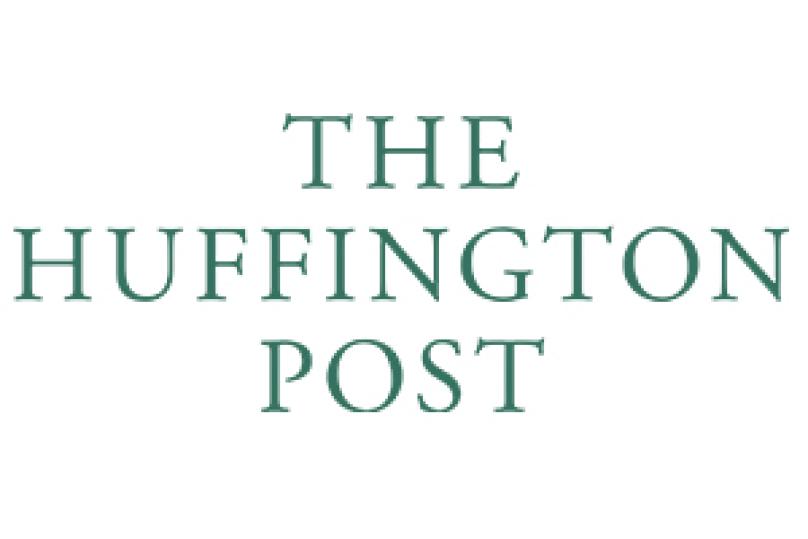
In his latest Huffington Post column, “Predicting Elections and Value Added Models,” MƒA President John Ewing uses this year’s failed election predictions to question why we let mathematical models measure teacher quality:
“On election night we watched gauges that displayed probabilities, bouncing left to right as data arrived, providing minute by minute predictions of the outcome. Broadcasters promoted this information as superior to that of mere pundits because it was based on data and therefore objective. Mathematics gave it authority.”
Dr. Ewing discusses how mathematical models are used in other areas beyond election predictions and have become ubiquitous in education, which poses several issues:
“If we measure the quality of teachers using test scores (not a wise, but alas a common practice), straight-forward comparisons are clearly unfair. Scores depend not only on the teacher but on student characteristics as well— previous scores, socioeconomic status, language proficiency, attendance, and so forth. Teachers who are lucky enough to have students who excel for other reasons are likely to shine; those with challenging students less so.”
Read more about how allowing mathematical authority in education may be a mistake in “Predicting Elections and Value Added Models.”